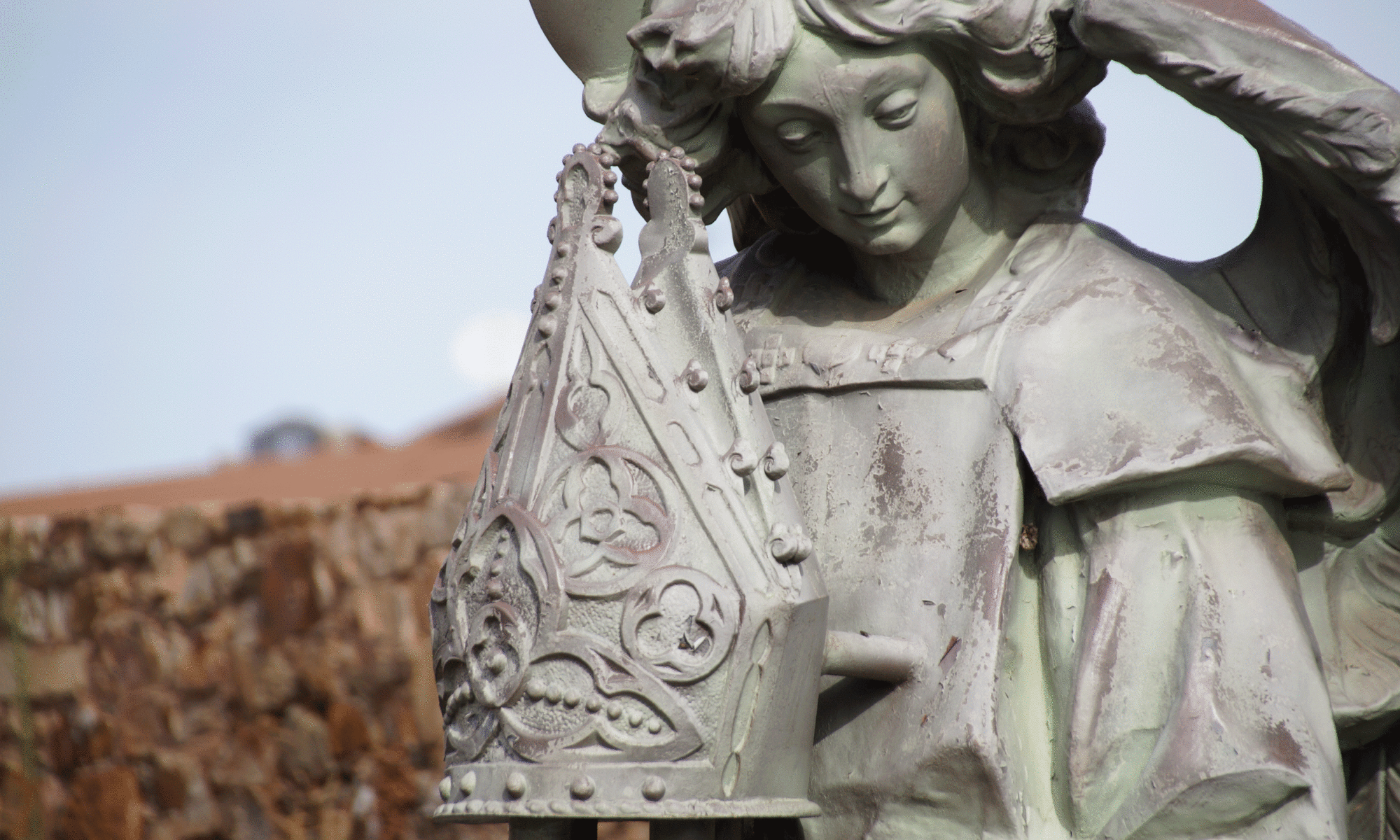St. Paul said: “Husbands, love your wives, as Christ loved the Church.… This is a great mystery, and I mean in reference to Christ and the Church” (Ephesians 5:25, 32).
What is Holy Matrimony?
Holy Matrimony is a Sacrament initiating a lifelong covenant between a man and a woman of self-giving love and singular fidelity. In the Christian Sacrament of Holy Matrimony, the couple exchange vows to uphold this covenant before God and in the presence of witnesses, who pray that God will bless their life together.
What is signified in Holy Matrimony?
The covenantal union of man and woman in marriage signifies the communion between Christ the heavenly bridegroom and the Church, His holy bride. Not all are called to marriage, but all Christians are wedded to Christ and blessed by the grace God gives in marriage.
What grace does God give in Holy Matrimony?
In Holy Matrimony, God establishes and blesses the covenant between Christian husband and wife to live together in a communion of love, faithfulness and peace within the fellowship of Christ and His Church. God enables all married people to grow in love, wisdom and godliness through a common life patterned on the sacrificial love of Christ.
The marriage covenant, by which a man and a woman form with each other an intimate communion of life and love, has been founded and endowed with its own special laws by the Creator. By its very nature it is ordered to the good of the couple, as well as to the generation and education of children. Christ the Lord raised marriage between the baptized to the dignity of a Sacrament (John 2:1-11).
The Sacrament of Holy Matrimony signifies the union of Christ and the Church. It gives spouses the grace to love each other with the love with which Christ has loved his Church; the grace of the Sacrament thus perfects the human love of the spouses, strengthens their indissoluble unity, and sanctifies them on the way to eternal life (Ephesians 5:25-32).
Marriage is based on the consent of the contracting parties, that is, on their will to give themselves, each to the other, mutually and definitively, in order to live a covenant of faithful and fruitful love.
Since marriage establishes the couple in a public state of life in the Church, it is fitting that its celebration be public, in the framework of a liturgical celebration, before the priest (or a witness authorized by the Church), the witnesses, and the assembly of the faithful.
All those not bound in the Sacrament Holy Matrimony are expected to live a life of celibacy.
